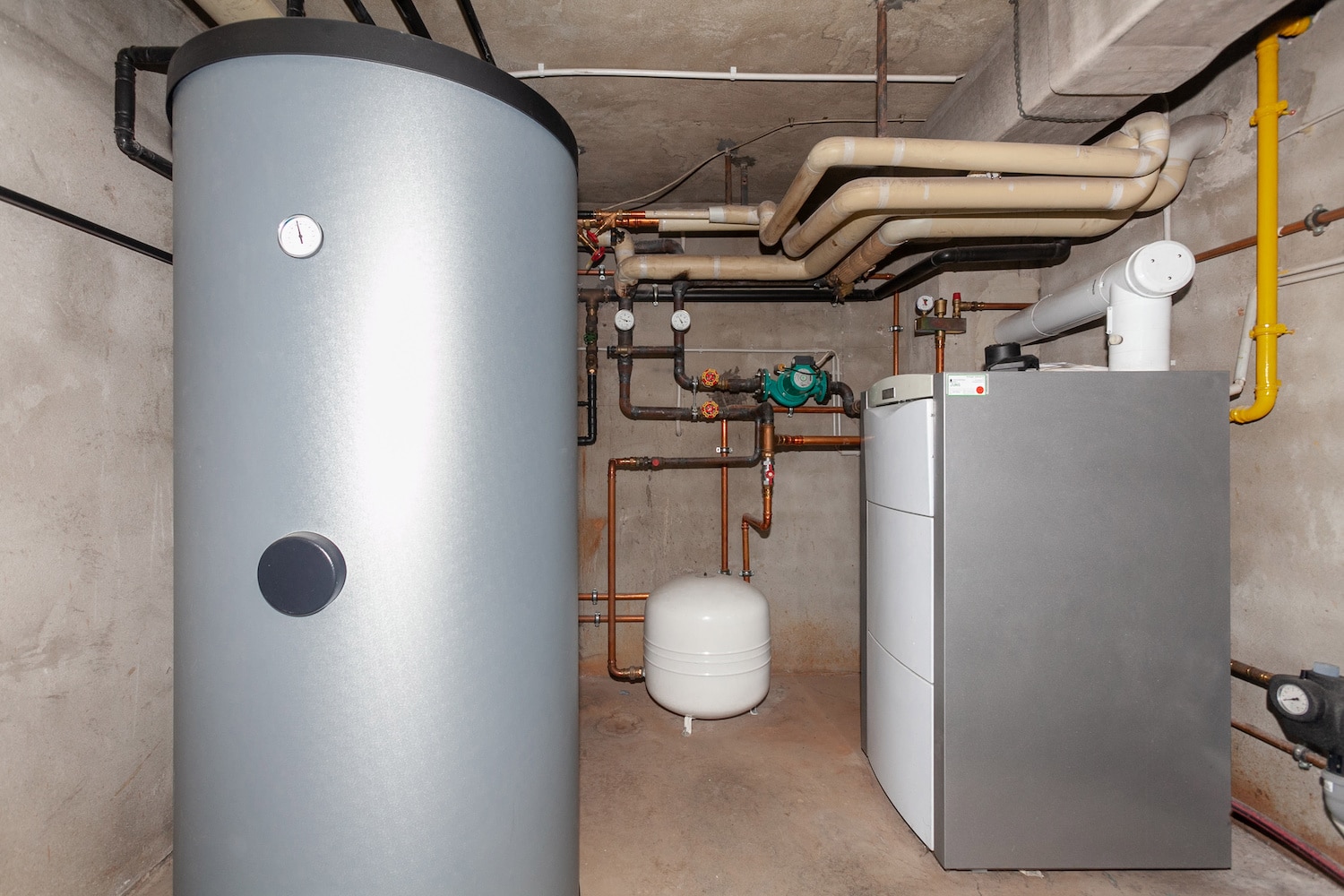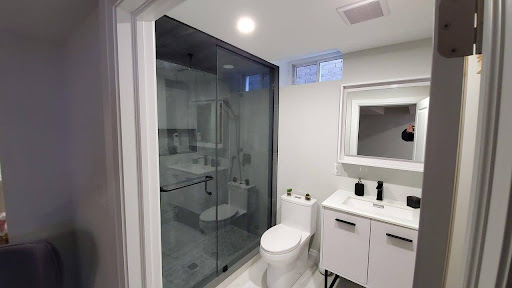When it comes to heating your home, one of the most important decisions you’ll make is which type of furnace to install. With so many options available, it can be difficult to know where to start.
In this article, we’ll explore four of the most common types of furnaces for your home, including gas, oil, electric, and propane. By the end of this article, you’ll have a better understanding of the pros and cons of each type and which heating unit might be the best fit for your home.
Table of Contents
1. Gas Furnaces
Gas furnaces are among the most popular options for homeowners due to their efficiency and affordability. They’re powered by natural gas, which is piped into your home from a plumbing and heating company.
Gas furnaces use burners to create heat, which is then blown through ducts and distributed throughout your home. One of the biggest advantages of gas furnaces is their low cost of operation. Natural gas is less expensive than oil or propane.
Additionally, gas furnaces are known for their reliability and longevity, with many models lasting up to 20 years or more.
2. Oil Furnaces
If you don’t have access to natural gas in your area, an oil furnace may be a good option. These furnaces use oil stored in a tank as heating fuel. Like gas furnaces, oil furnaces use burners to create heat, which is then blown through ducts and distributed throughout your home.
These are still popular choices in some areas due to the lack of natural gas availability despite being more expensive. Additionally, modern oil furnaces are much more efficient than older models, meaning you’ll still get good value for your money.
A potential downside is a need for regular maintenance to ensure they’re operating in a safe way.
3. Electric Furnaces
For homeowners who don’t have access to natural gas or oil, electric furnaces are a good option. These furnaces use electric heating elements to create heat, which is then distributed throughout your home.
Electric furnaces can be a bit more expensive to operate than gas or oil furnaces, but they have some advantages as well. One of the biggest advantages of electric furnaces is their simplicity.
There are no fuel tanks or burners to maintain, and electric furnaces are generally very reliable. Additionally, electric furnaces are very quiet, so you won’t be bothered by noisy burners or fans.
4. Propane Furnaces
Propane furnaces are similar to gas furnaces in that they use burners to create heat, but they’re powered by propane rather than natural gas. Propane is stored in a tank on your property, so you’ll need to have it refilled as scheduled.
One of the biggest advantages of propane furnaces is their portability. If you move to a new home, you can take your propane tank with you and have it refilled at your new location.
Additionally, propane furnaces are very efficient, meaning you’ll get a lot of heat for your money. One potential downside to propane furnaces is the need for regular maintenance to ensure they’re operating in a safe way.
Choosing The Best Types of Furnaces
When it comes to choosing types of furnaces for your home, there’s no one-size-fits-all solution. Each type of furnace has its own advantages and disadvantages.
The best choice for your home will depend on your individual circumstances. By considering the pros and cons of each, you can make an informed decision and keep your home comfortable all winter long. Check out our blog today to learn more relevant topics and exciting information!





